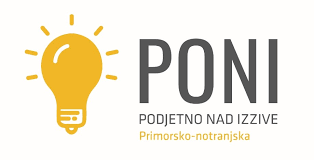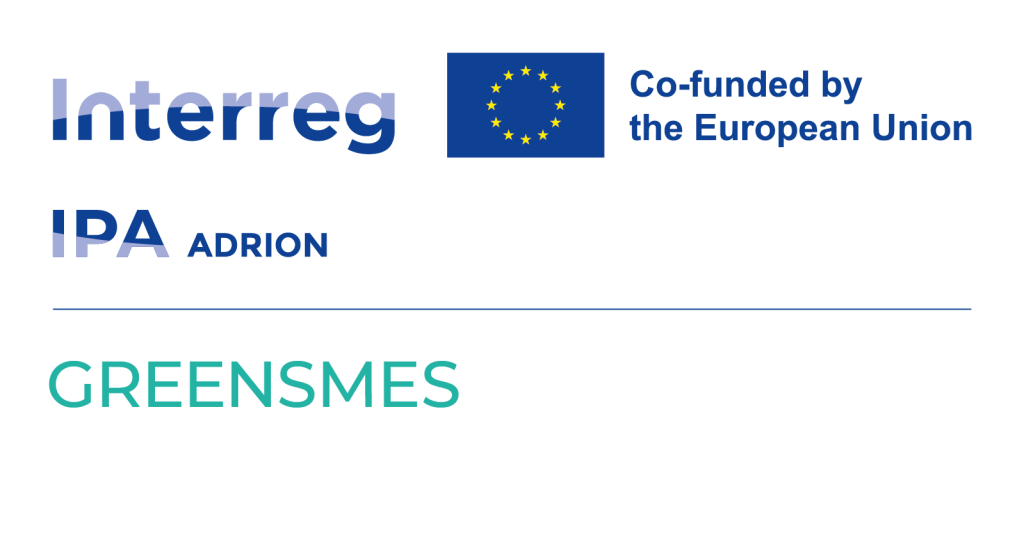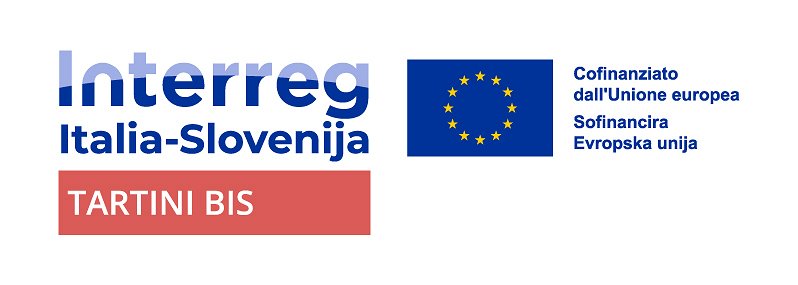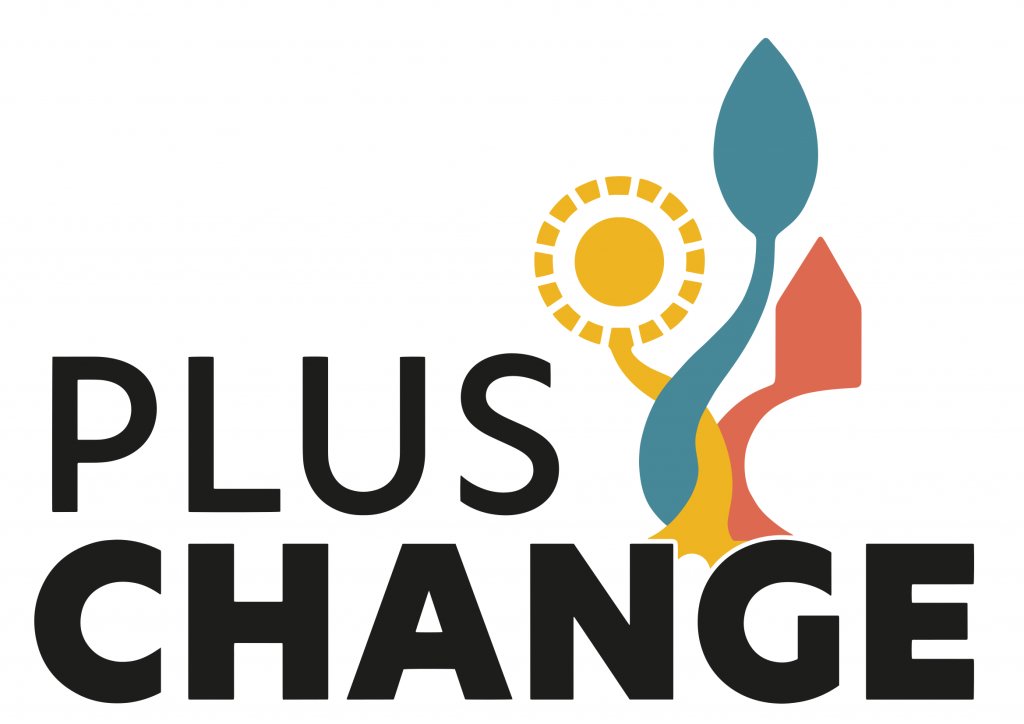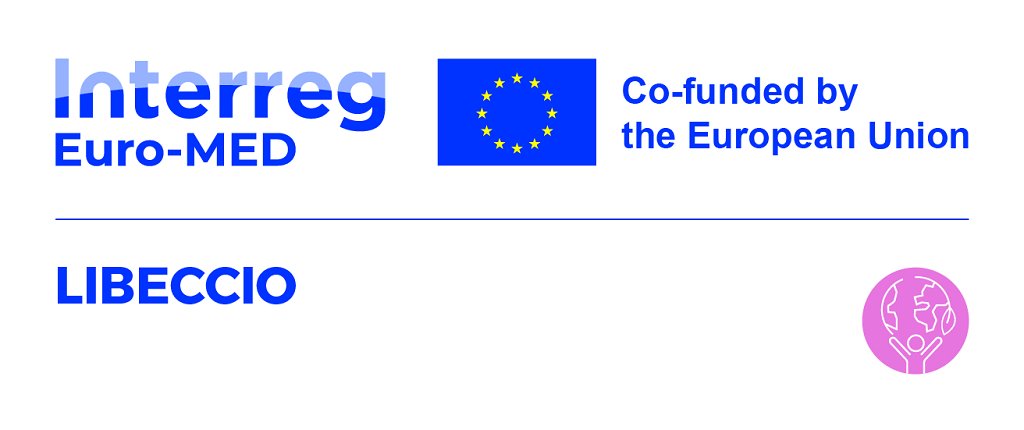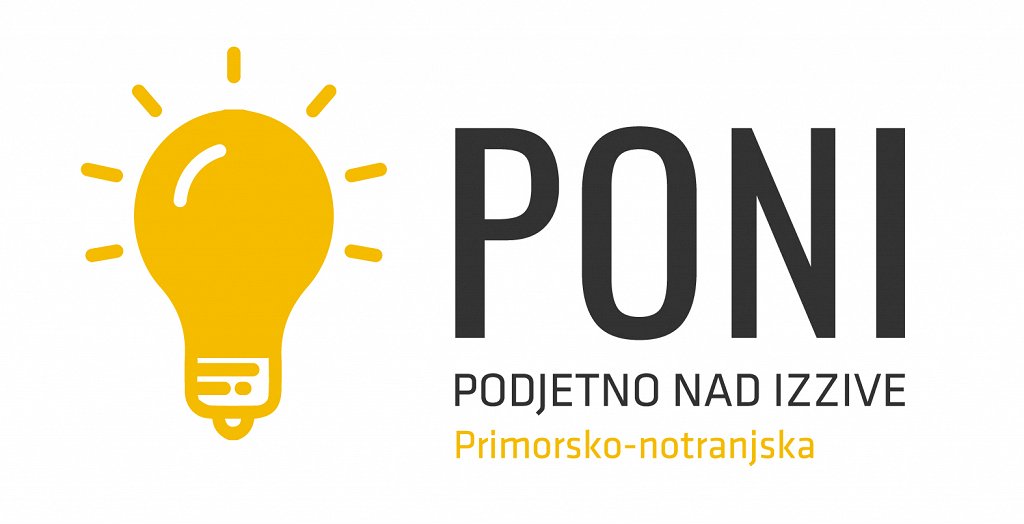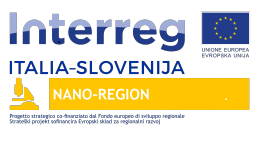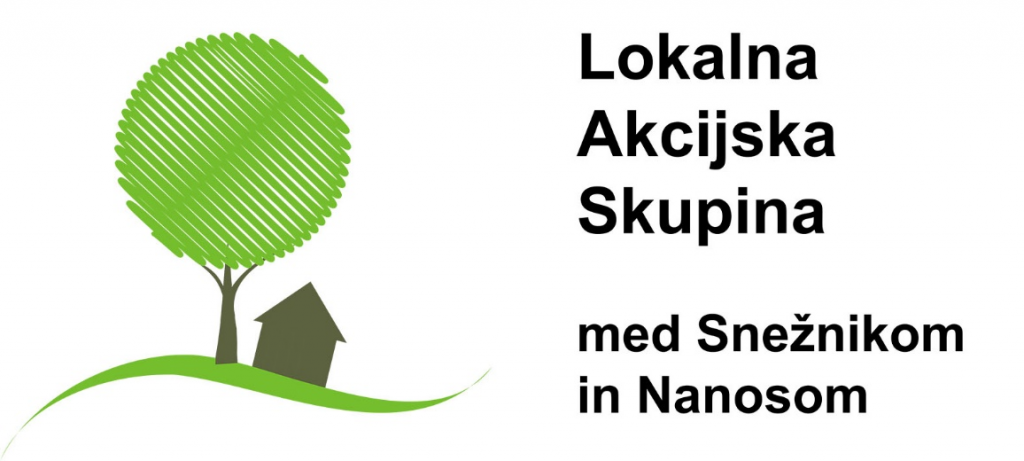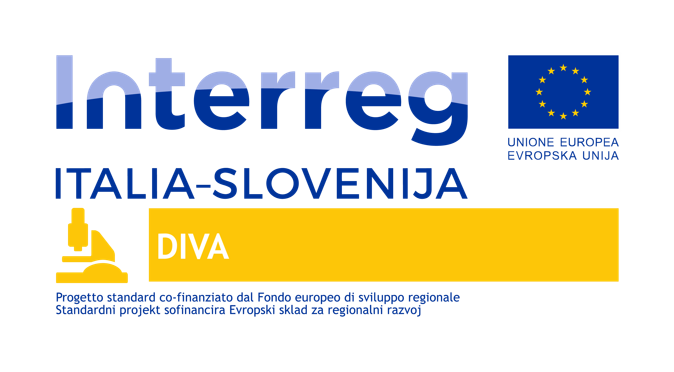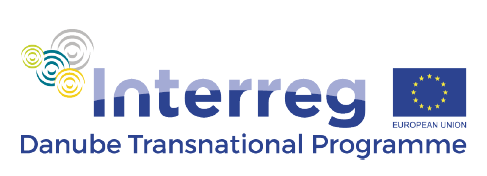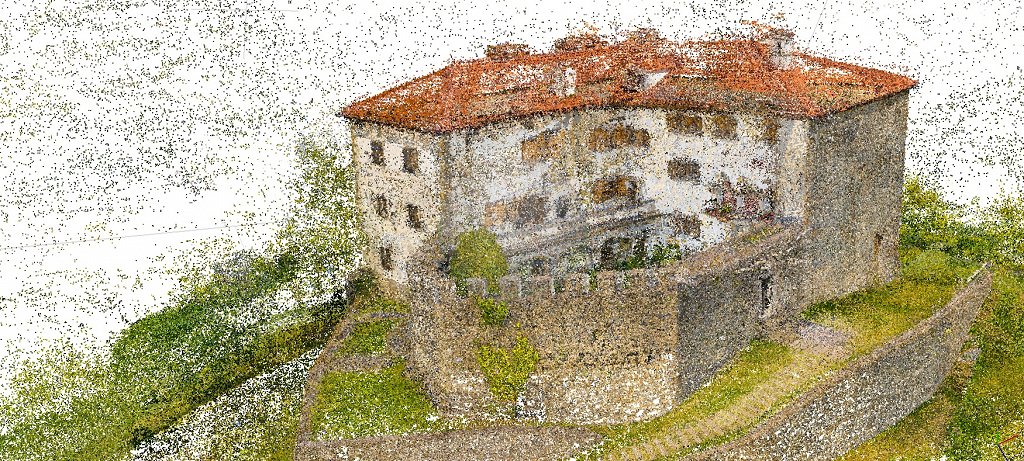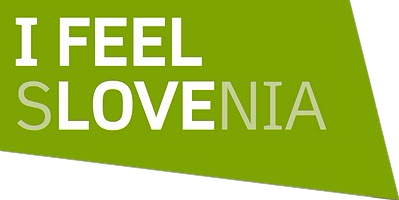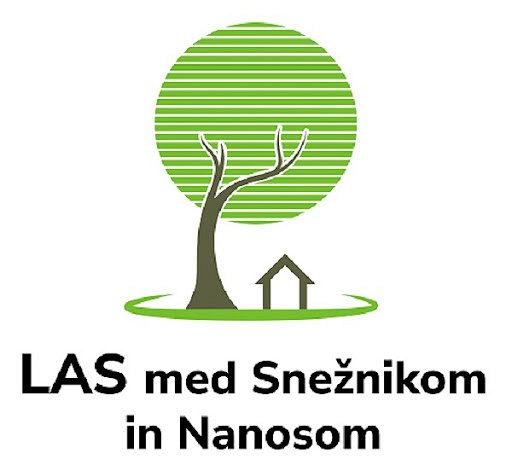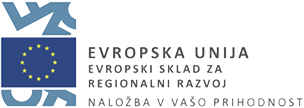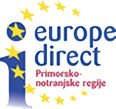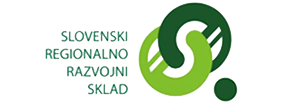SEISMECProgramme
Horizon
Duration
from 01.01.2024 to 01.04.2028
Area
Green Karst | Industry | Human resources | Tourism
Description
Industry within Europe and globally is undergoing momentous shifts that have reshaped expectations of workplace practices with implications for employment, productivity, and efficiency. This emerged at a critical juncture given two interconnected changes.
First, the development of new forms of technology such as ubiquitous computing, artificial intelligence, and agile systems enabling continuous tracking and monitoring of people and processes. This has made work and all it entails, from workspaces to workers to the systems and processes they require more visible and accessible to managerial oversight.
Second, people’s expectations of work have changed. Accelerated by digitalisation and experiences with the pandemic, the need for flexibilisation, supportive and cooperative opportunities, and desire for fulfilment in relation to work have significantly increased. The need for such a shift is encapsulated in moving from an Industry 4.0 perspective - one in which new technologies such as AI, IoT, cloud computing and intensive data analytics were at the forefront - towards an Industry 5.0 perspective - one that focuses on the relationship between empowering human practices and new technologies.
Objectives of the project:
Across the 14 industrial ecosystems identified within the European Single Market plus a cross-cutting platform-based pilot, SEISMEC will demonstrate the concept of human-centricity in a diverse set of industry sectors, scales and sociotechnical contexts. To do this, we will conduct 17 pilots covering the 14 industrial ecosystems (see figure 1.1a) identified in the European Industrial Strategy. The objectives for SEISMEC are to:
- Show how human-centric solutions empower a skilled, value-driven and creative industry workforce in European Industrial Ecosystems;
- Understand and resolve (perceptions of) socio-technical, financial, regulatory and ethical tensions for workers and work organisations associated with advanced (digital) technologies in industrial ecosystems and cross-sector work;
- Define and test procedures and tools for the design, implementation and redevelopment of advanced technologies that enhance human-technology synergies in work and training environments;
- Formulate evidence-based recommendations tailored to relevant stakeholders through innovation practices which connect workers, industrial actors, policymakers and relevant EU-research and innovation initiatives.





